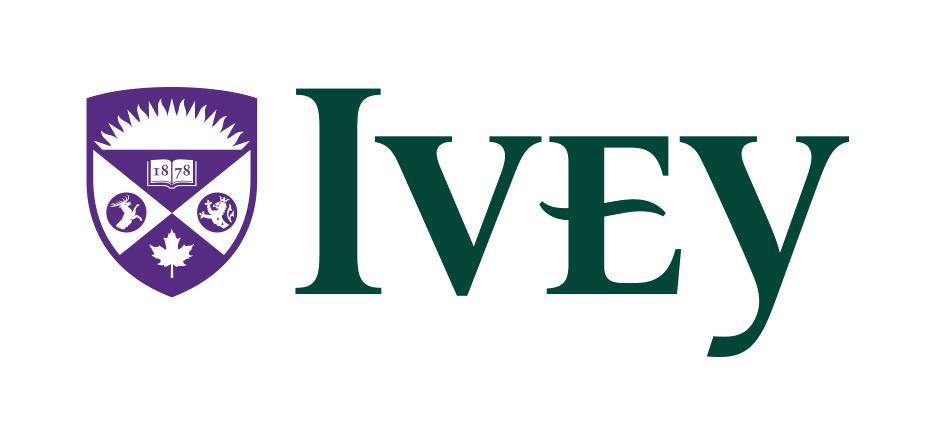Behavioural
Economics
Session 12


Joshua
Foster

Agenda
- Ideas from Behavioural Finance (cont.)
- Case: Bored Ape Yacht Club.
What is Bored Ape Yacht Club?
What are NFTs?
Is this (just) art?

What were the "perks" of buying a Bored Ape?
Why do people "invest" in NFTs more broadly?
How does the fundamental value of a Bored Ape NFT differ from an equity?
How might a dubious underlying fundamental value of the BAYC tokens promote certain behavioural considerations among "investors"?
Task.
Flip a (virtual) coin 20 times and record the results as a sequence of "H"s and "T"s.
Meet Freddy.
Freddy is an "investor" who is interested in predicting the price of a Bored Ape token. He has developed a sophisticated financial model that reveals to him the chances of this Ape token increasing/decreasing in value is 50% in any given month. Moreover, his model tells him the price is will either rise or fall by 20% over this time period.
For the last five months the price has always gone up. Consequently, he has chosen not to buy the Ape token, and says to you "there is no way this NFT continues to increase in value again this month".
What mistake is Freddy making?
The Gambler's Fallacy.
The false belief that in a sequence of independent draws from a distribution, an outcome that has not occurred for a while is more likely to come up on the next draw.
This fallacy falls under the representativeness heuristic.
Let's check your coin flips...
Is there a way of regulating NFT markets that is likely to improve "investor" welfare?
The Howey Test.
A test created by the United States Supreme Court (1946) for determining whether certain transactions qualify as "investment contracts." If deemed so, then those contracts fall under the regulations put forth by the Securities and Exchange Commission (SEC).
Howey Test Criteria:
- There is an investment of money.
- The money is invested in a common enterprise.
- The investment seeks a reasonable expectation of profits.
- The profits are derived from the efforts of others.
A transaction must pass all four criteria to qualify as an investment contract.
Is there an investment in money?
Is the money invested in a common enterprise?
Here, the SEC must demonstrate there is shared success or failure among the investors.
Additionally, the SEC looks for "resource pooling or a reliance on a third party to manage their investments."
Does the investment seek a reasonable expectation of profit?
Are the profits derived primarily by the efforts of others?
If you are Gary Gensler, what do you do?
What's happening with NFTs now:
- Crypto and NFT markets are facing significant scandals, such as the FTX exchange debacle.
- Yuga Labs is involved in multiple lawsuits related to their NFTs.
- Celebrities who promoted BAYC are being sued for allegedly inflating NFT values.
- The market value of BAYC NFTs dropped by 88% in 2022.
In August/September, 2023, the SEC issued their first enforcement actions against NFT issuers for unregistered securities offerings, creating further regulatory uncertainty for digital assets.
- This may lead to broader jurisdictional reach, such as sports memorabilia or limited edition sneakers sales.
- Some are questioning whether current securities laws are suitable for NFTs.
- Potential alternative regulatory frameworks for NFTs are being considered.